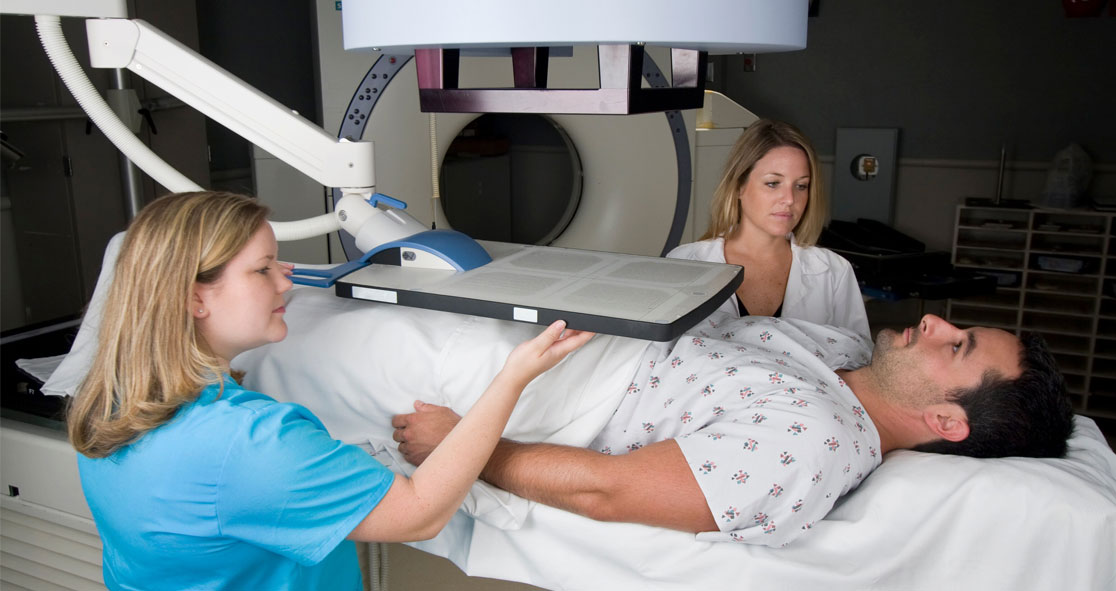Findings of a new study could spare prostate cancer patients radiotherapy after surgery, as it suggests that there is no benefit and it can be used later if the disease recurs.
Researchers at University College London said their findings could spare thousands of men undergoing radiation therapy after surgery for prostate cancer.
Radiotherapy is typically used to kill cancer cells and to ensure tumors do not return. However, the new study, published in The Lancet, found there was no benefit.
The researchers explained that radiation therapy performed later or when the cancer comes back had equally good outcomes, meaning nearly 15,000 men a year could avoid radiotherapy and its side effects, such as impotence and urine incontinence.
Lead author Dr. Claire Vale said, “’Our findings suggest that following surgery, patients whose cancer is confined to the prostate, or has spread only to nearby tissues or organs, can safely be spared routine post-operative radiotherapy and its associated side-effects.”
“Radiotherapy need only be given to men if they show early signs that the cancer may be returning,” she added.
Dr. Vale continued, “Guidelines and policy regarding the standard of care for prostate cancer should be updated based on the findings.”
The researchers examined date from patients in the United Kingdom, France, Denmark, Ireland, Canada, Australia, and New Zealand to understand the optimal timing of radiation therapy in prostate cancer patients after surgery.
The study included more than 2,150 men, with nearly half of the participants receiving radiation therapy right after surgery, while the other half had “early salvage” radiotherapy, where the therapy is delayed until the disease recurs. The researchers found little to no difference between early salvage and immediate radiotherapy.





















